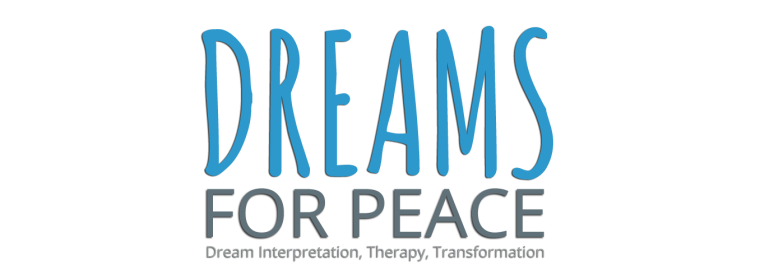The Anxiety Code: Moving Towards Confidence
Anxiety, for me, is like the emotional pandemic of our times. If we could all find a way to do a better job with anxiety, we could all be so much more productive. What is anxiety, aka, worry, and how does it operate?
I like to start talking about anxiety by comparing it to fear. Many people use the words interchangeable as if they mean the same, but they are very distinct emotions with very different outcome energies. Fear has the intention of developing something new inside by overcoming an experience that you or someone close to you has gone through. When you think about the doing the new thing, the mind remembers the bad thing that happened and then resists forward movement. For instance, I had the fear of some heights for some period of time because every time I would start feeling really up and high about what I was accomplishing, someone in leadership would get jealous and then I would be fired. I remember feeling this on canopy walks in the jungles of Southeast Asia. What the mind imagines as fearful is based on having had specific negative experiences.

Anxiety is different than fear in that the mind makes up negative imaginations about the future that are not based upon any real world experiences. The origin of anxiety is some sense of having been abandoned or alone. In the state of unsettled abandonment the mind does all kinds of crazy things that are negative in nature. The more alone you feel the more you think the illusions are real. Feeling overwhelmed, which is like a type of anxiety, is when the illusions seem really huge. It tends to give a person paralysis of action. The most important thing in dealing with anxiety is to try to get into action. I remember reading how Lionel Messi, one the world’s greatest soccer players, would get very nervous before a match, but as soon as the game started and he was in his body acting, then all of the memory and confidence returned into him.
When you have anxiety, your mind suffers from a kind of memory loss. It cannot remember how to do things or that you are very competent at them. Instead it creates some type of illusion in the future which puts you in a state of inaction. The solution for anxiety is confidence. Confidence comes from being able to access the positive memories of what you are already able to do. Confidence gives you the ability to act knowing that you are going to get positive results, and if things go wrong, to learn from them and keep adjusting. Without confidence you always feel like you are on shaky ground, that something bad is probably going to happen, but the bad things only tend to happen as a result of inaction and not from what you are doing. It is because you are not acting or acting with a lot of nervousness that things go wrong.
The first step in being able to get to a confident state is to recognize that worry is an illusion. It is not real. It is also important to understand that the origin of your worrying habits began when you felt profoundly alone. You will notice, for instance, that when you are with a friend or a positive colleague or a good team of people, that you are much more confident than when you are alone. A lot of people experience overwhelming feelings when they are in big crowds all alone. Their minds go into memory loss and then they freeze.

To get the confidence going when you are going into a crowd, you can remember what works for you. If you have anxiety, you already know what to do. You just don’t know how to access it. It is not like fear where you have to develop something new. With anxiety you already have the ability, just no confidence. Your mind is making up ghost like experiences.
It is important to know what you are feeling and then trust the code. If you know that you are nervous, the code says that you already know how to do thing you want to do, but your mind goes off into la-la land from feeling alone. You cannot treat anxiety in the same way you treat fear or grief or hurt. It has its own code. The code is that you already know how to do the ability. It is a memory issue, not a possibility issue.
If you are worried about your children’s future, for instance, it means that you already know what to do. If you act from a worried parent , you will really mess up parenting. If you do the things that work, they will work again. Have confidence, meaning have memory. Do what already works.

 Richard Hastings is an expert in change work and dream work and author of Dreams for Peace. He is a
Richard Hastings is an expert in change work and dream work and author of Dreams for Peace. He is a 

Richard, I would just add that a person has to know whether they really do know how to perform in front of changed environmental conditions. There can be a reality check with anxiety concerning something the person has actually never done. For example it is one thing to practice in your room by yourself compared to performing on a stage in front of an audience. Sure the news is full of individual closet flowers who bloom like cactus flowers for the first time in front of 1000s. But the law of averages isn’t with the odds of that blooming happening in the first public performance. If you know you’ve never done it, it might be a good idea to take action and address the anxiety, as you rightly say. If you’ve done it a 100 times and still get nervous, How nervous? There is a line that one could cross over and it might require……coaching?
Thanks for your comments Little Joe. Anxiety lets you know that what you are worried about is not true and being that it is not true, you can step into an ability you already have. Fear is more likely to be the result of not having an ability, having gone on stage, and then performed poorly. Fear let’s you know that you have a lot of work to do to develop the new abilities, whereas anxiety lets you know that you have to embrace what you already have it and feel it.